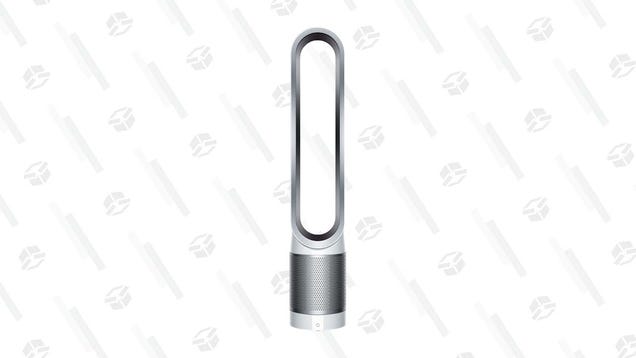
Cliff Robinson, an NBA player who by many accounts was a time machine into the future in a number of aspects of his life, including being a fierce proponent of marjiuana legalization, died Saturday at 53.
Robinson played 19 seasons in the NBA, mainly with the Portland Trail Blazers and Phoenix Suns, winning the 1993 Sixth Man of the Year Award. An All Star in 1994, Robinson led the Blazers, alongside Clyde Drexler, to the NBA Finals in 1990 and 1992, the latter against Michael Jordan and the Bulls, an epic matchup as documented recently on ESPN’s “The Last Dance.”
Robinson was a man before his time in the marijiuana legalization space. After being suspended three times for cannabis use during his NBA career, he created his own line of products called Uncle Cliffy Sports cannabis products. The name Uncle Cliffy came from his nickname in the league, and was a nod to how NBA reporter Peter Vecesy turned that around into referred to Robinson “Uncle Spliffy” when Robinson was facing player marijuana-related suspensions.
A few years ago, he became a partner with Pistil Point Cannabis, a lounge warehouse — and the first exclusive indoor cannabis growing facility in Portland. Pistil Point’s immense growth can be pointed directly back to Robinson as he served as the company’s brand ambassador and sold some of his personal line of products at their shop.
Robinson was very particular in how he wanted his cannabis brand depicted. He stated in 2017 the vision behind the brand was to feature “muscle recovery and pain relief benefits of the plant,” for athletes. He also spoke about how he used cannabis to relieve anxiety and maintain focus. He didn’t want his products to just be another smokeable recreational brand, but instead wanted topical products like ointments available to address specific athletic woes.
“[I want] to knock down the myth that athletes and cannabis don’t mix,” Robinson told The Oregonian in 2017. “I played 18 years in the NBA and I used cannabis on and off along the way and I didn’t have a problem.”
In the same article, Robinson’s Pistil Point co-founder Sid Gupta talked about what it meant to have someone like Cliff speaking out in support of the legalization movement:
“When you have brand ambassadors like Cliff Robinson, you are speaking to a much wider audience. “You really need voices to reach a wider audience about what this medication represents and how it is to be controlled. Having people like Cliff on board can help make a difference.”
With his lanky build stretching over a 6-foot-10 frame, Robinson fearlessly took on any defensive assignment while flexing his ability to knock down threes, eventually being named to two NBA All-Defensive second teams, while averaging 15 points and 5 rebounds over his 1380 career games — 13th all time. He held the record for tallest player in NBA history with more than 1,000 three-pointers made until Dirk Nowitzki broke it.
There is no denying Robinson’s style of play would fit perfectly in today’s games with traditional big men drifting out to make perimeter shots.
Drafted with the 36th pick in 1989, he wrapped up his career with the New Jersey Nets after short stints with the Pistons and Warriors, and retired in 2007.
Robinson’s cause of death is unknown, but he suffered a stroke in 2017 and had a tumor removed from his jaw in 2018.
UConn, where Robinson went from a 9-19 record in 1987 to a 20-14 record and an NIT title under third-year coach Jim Calhoun in 1988, issued a statement Saturday morning:
The Huskies retired his jersey No. 00 in 2007.
Robinson was also a part of CBS’ “Survivor: Cagayan,” the first NBA player to appear on the reality TV program.













